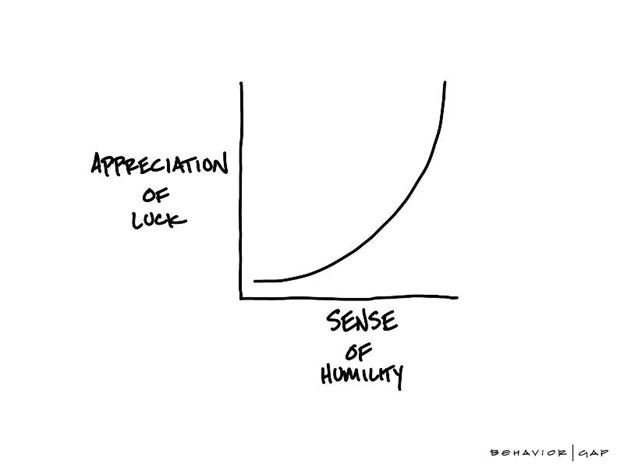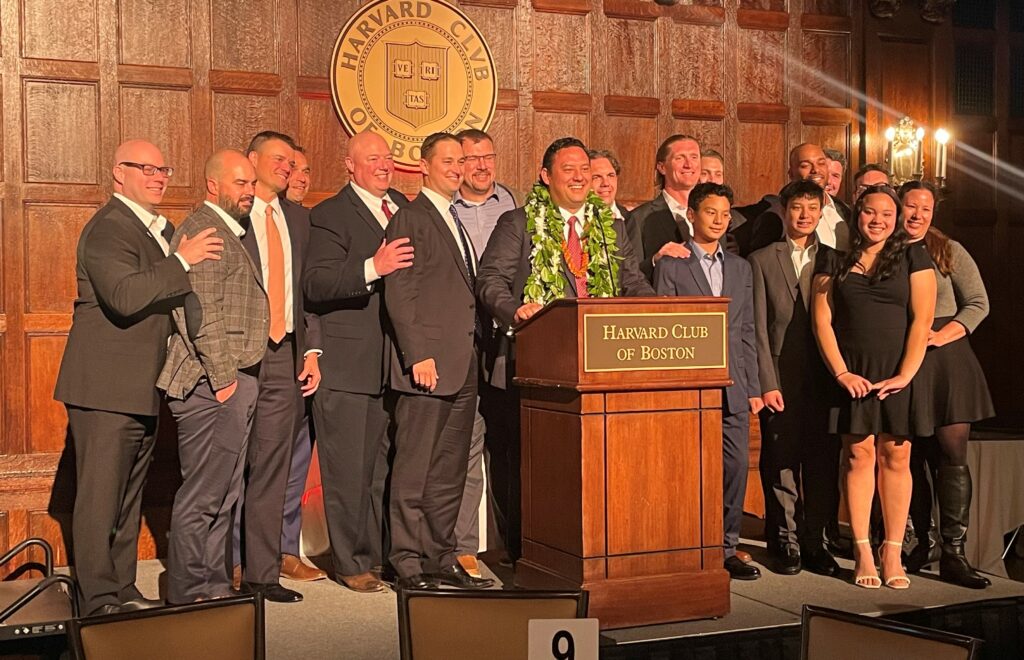Last week, I was fortunate enough to have been given the opportunity to be the keynote speaker at the 2024 Hawaii High School Sports Athletic Association’s Hall of Honor induction ceremony, a beautiful gala that showcased the top twelve Hawaii high school athletes and enshrined them into our version of the high school Hall of Fame. It was also a moment to reflect and to share.
“As I began to prepare for this evening’s speech, I reminisced about my experience sitting in your seats 18 years ago, I reminisced about other individual and team accomplishments throughout my playing career, awards, banquets, celebrating a national championship at Stanford, at the Opening Ceremony in the 2016 Olympic Games, standing on the medal stand…the Hall of Honor event is included in this list…what did they all have in common? Each gave me a moment to reflect on how many people had contributed to my success… how many people contributed to that specific moment. They were moments for me… but more importantly, they were moments to share. This is no different. So please, honorees and other guests, look around this room and take a moment to give a round of applause and maybe even a hug to the people that have helped put you in that seat.”
-Kawika Shoji
As I finished writing the portion of the speech urging the honorees to do just that, to acknowledge the role that their communities played in their successes, I began to again have a deeper appreciation of the role that luck has played in my life. I asked myself: where would I be if I wasn’t born in Hawaii? Or the United States? Or to two parents who were coaches and educators? Or if I didn’t get admitted to Stanford? The questions go on and on. This perspective was easier to grasp when I traveled the world and lived in foreign countries, at times impoverished places, but is more difficult to maintain when reintegrating back into comfortable Hawaii life. Of course, there are various levels of luck, but I would be remiss to not say that most of us, if not all of us, are lucky in one way or another.
Luck (n.): Success or failure apparently brought by chance rather than through one’s own actions.
There is no shortage of literature on the topic. Malcom Gladwell in Outliers discusses extraordinary people and achievements. His theory suggests that success is a byproduct of intelligence, hard work, opportunity, and luck. Yes, luck. Where and when you were born matters. Investor and prominent finance author Gautam Baid dedicates his entire chapter 30 in The Joys of Compounding to luck, chance, serendipity, and randomness. While we are culturally conditioned to deny the role of luck, he urges his fellow investors to humbly appreciate its role in outcomes and to thus prioritize processes that can make us luckier over time.

It is difficult for any of us to distinguish whether or not outcomes result from skill or from randomness. Consequently, Baid cautions his readers not to be fooled by the Gambler’s Fallacy and not to be blinded by exuberant markets. Warren Buffett, in his letter to Berkshire Hathaway shareholders in 2000, wrote “the line separating investment and speculation, which is never bright and clear, becomes blurred still further when most market participants have recently enjoyed triumphs. Nothing sedates rationality like large doses of effortless money.”
In the last 15 years, we have certainly seen effortless money. We have seen bull markets propelled by quantitative easing, economic stimulus packages, and technological advancements, including artificial intelligence. Let’s not be sedated. Let’s acknowledge the role (and power) of luck. Only then are we able to fully focus on what we can control: a sound investment process. You can replicate an investment process, but luck is not repeatable. Quality processes make us deserving of luck over time.
The content provided in this document is for informational purposes and does not constitute a solicitation, recommendation, endorsement, or offer to purchase or sell securities. Nothing should be considered personal financial, investment, legal, tax, or any other advice. Content is information general in nature and is not an attempt to address particular financial circumstance of any client or prospect. Clients receive advice directly and are encouraged to contact their Adviser for counsel and to answer any questions. Any information or commentary represents the views of the Adviser at the time of each report and is subject to change without notice. There is no assurance that any securities discussed herein will remain in an account at the time you receive this report or that securities sold have not been repurchased. Any securities discussed may or may not be included in all client accounts due to individual needs or circumstances, account size, or other factors.
It should not be assumed that any of the securities transactions or holdings discussed was or will prove to be profitable, or that the investment recommendations or decisions we make in the future will be profitable or will equal the investment performance of the securities discussed herein.



